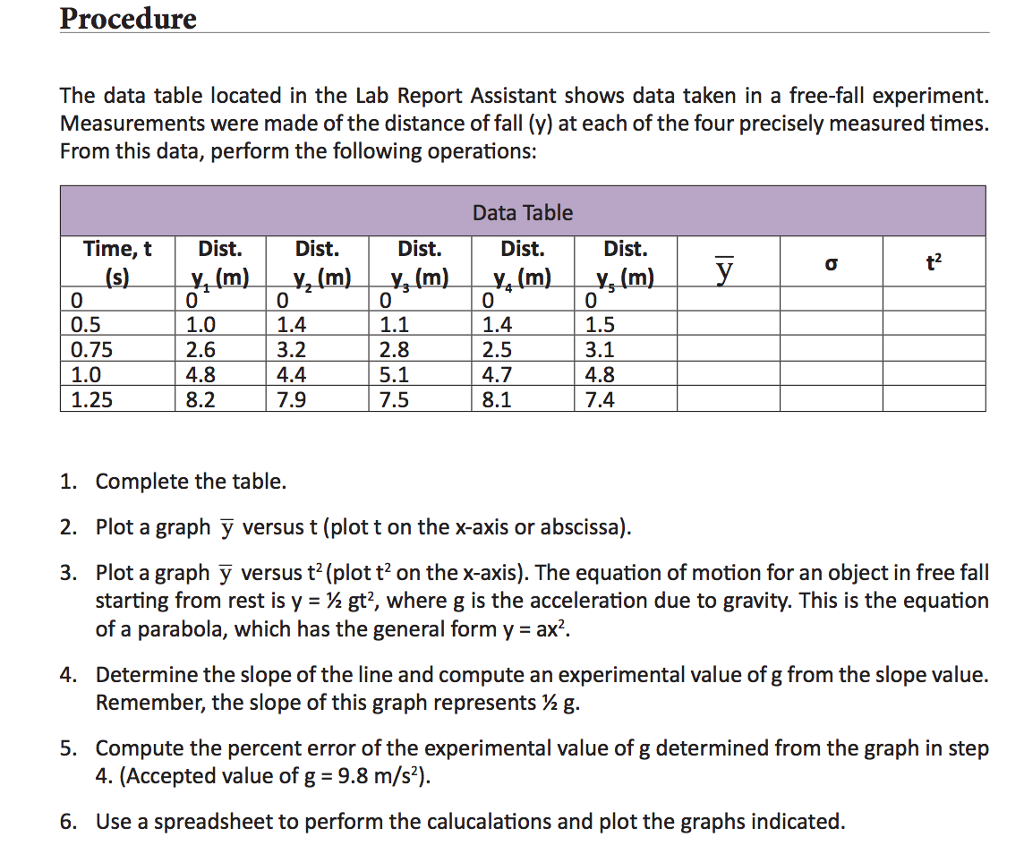

While we may never know this true value exactly, we attempt to find this ideal quantity to the best of our ability with the When we make a measurement, we generally assume that some exact or true value exists based on how we define what is being measured.


Without an uncertainty estimate, it is impossible to answer theīasic scientific question: "Does my result agree with a theoretical prediction or resultsįrom other experiments?" This question is fundamental for deciding if a scientific With its uncertainty allows other people to make judgments about the quality of theĮxperiment, and it facilitates meaningful comparisons with other similar values or a Properly reporting an experimental result along The complete statement of a measured value should include an estimate of the level ofĬonfidence associated with the value. The process of evaluating the uncertainty associated with a measurement result is often called uncertainty analysis or error analysis. However, all measurements have some degree of uncertainty that may come from a variety of sources. Measurements and Error Analysis "It is better to be roughly right than precisely wrong." - Alan Greenspan The Uncertainty of Measurements Some numerical statements are exact: Mary has 3 brothers, and 2 + 2 = 4.


 0 kommentar(er)
0 kommentar(er)
